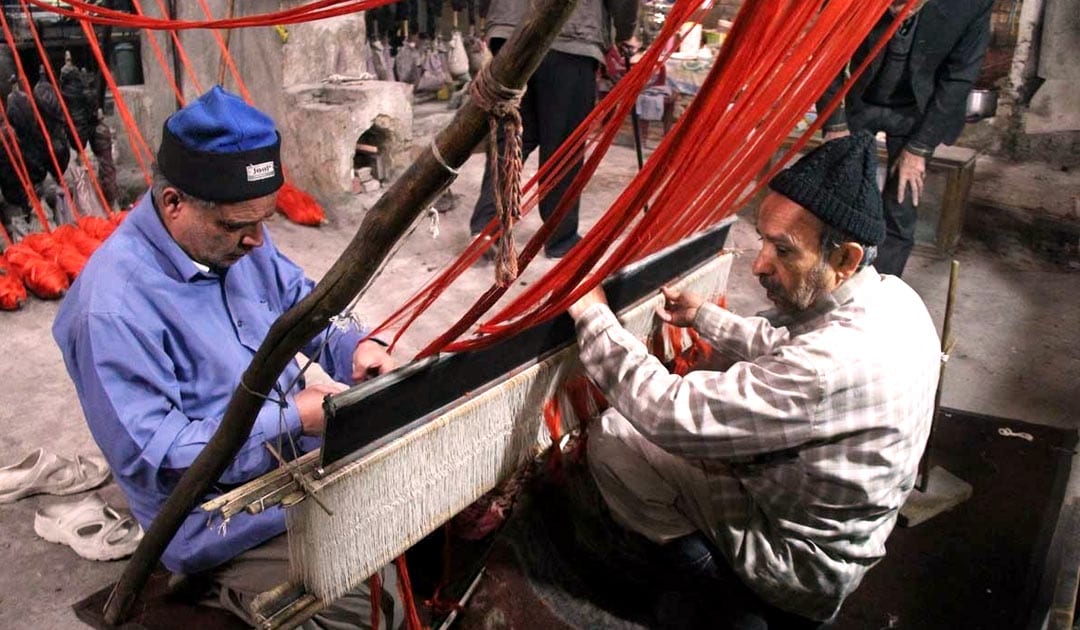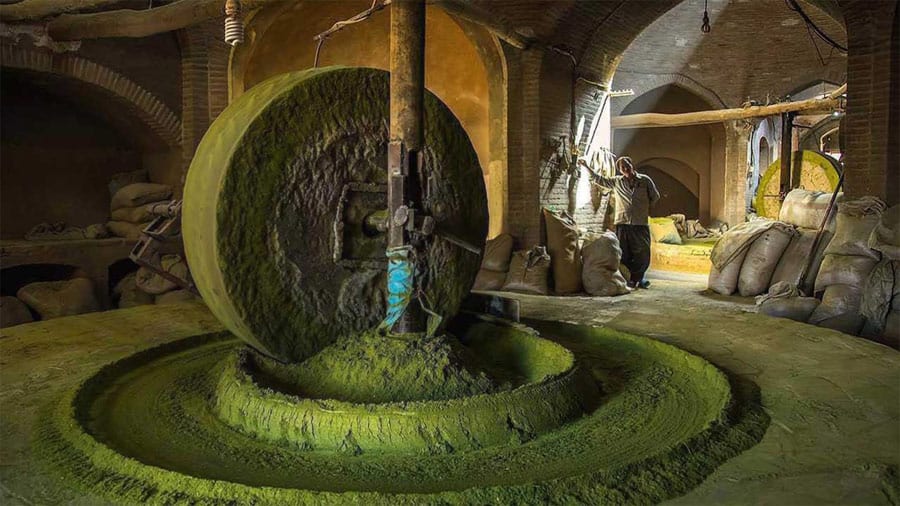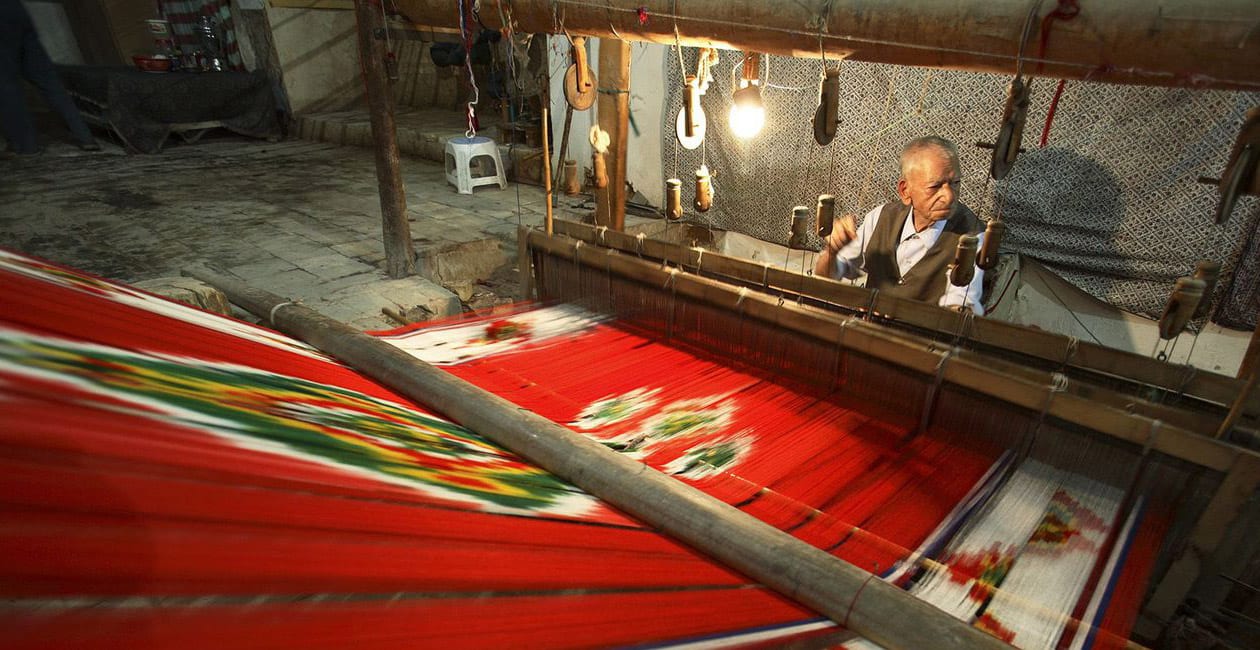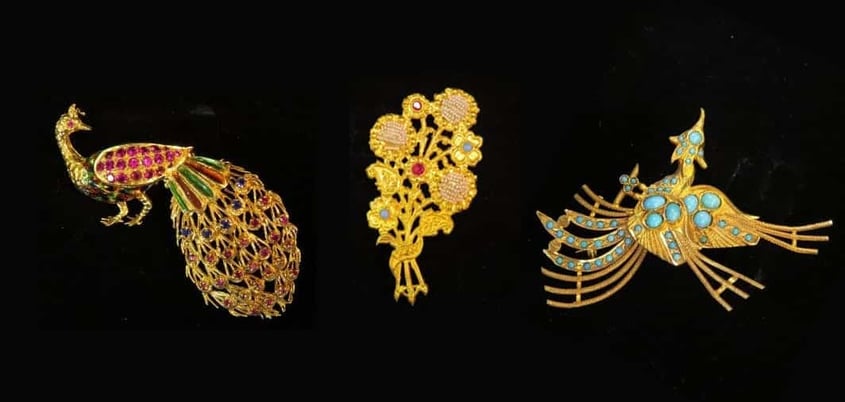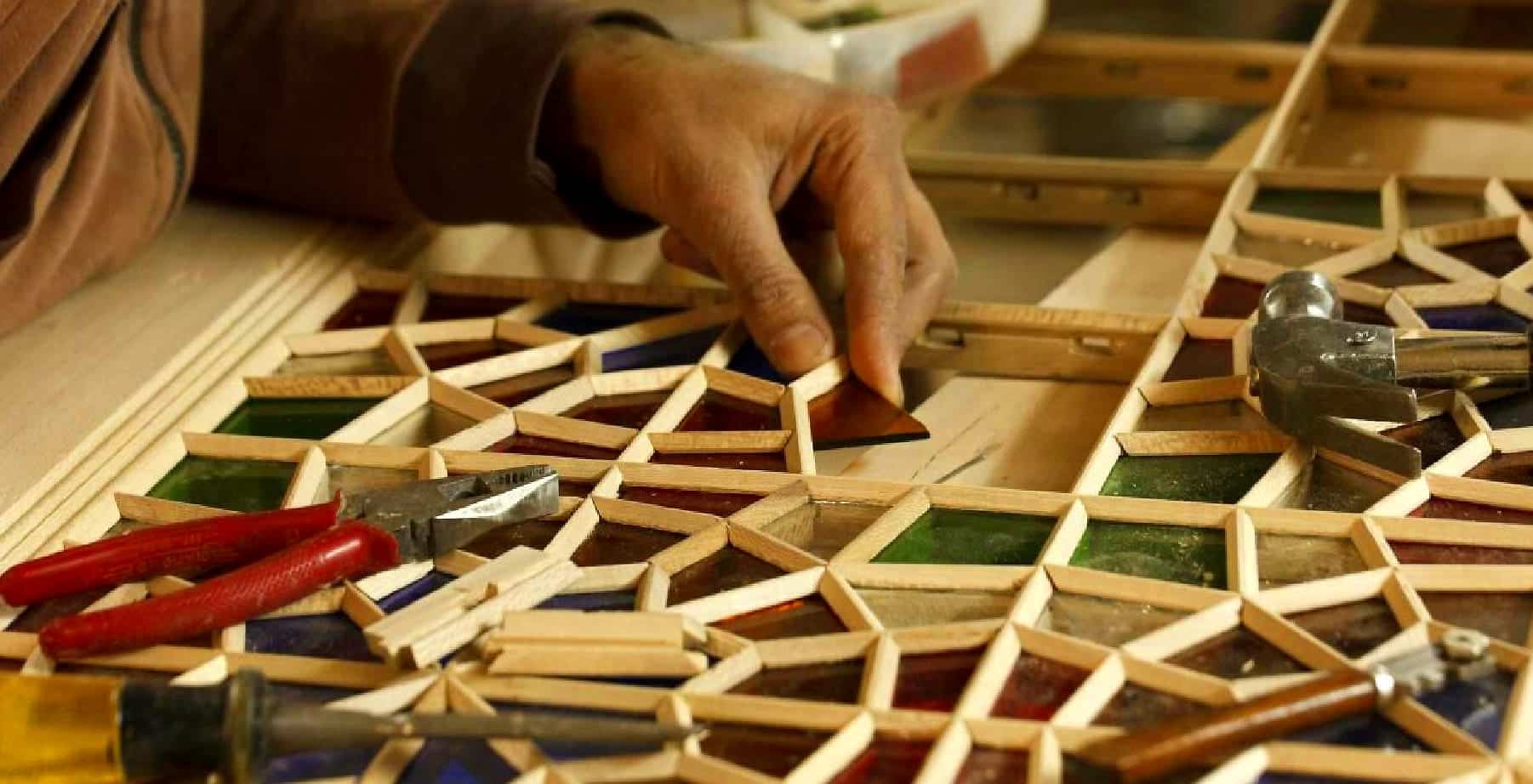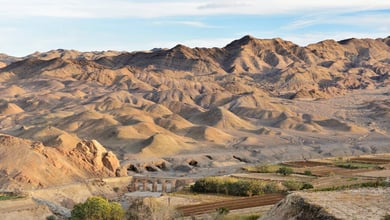Handicrafts and Traditional Vocations in Yazd
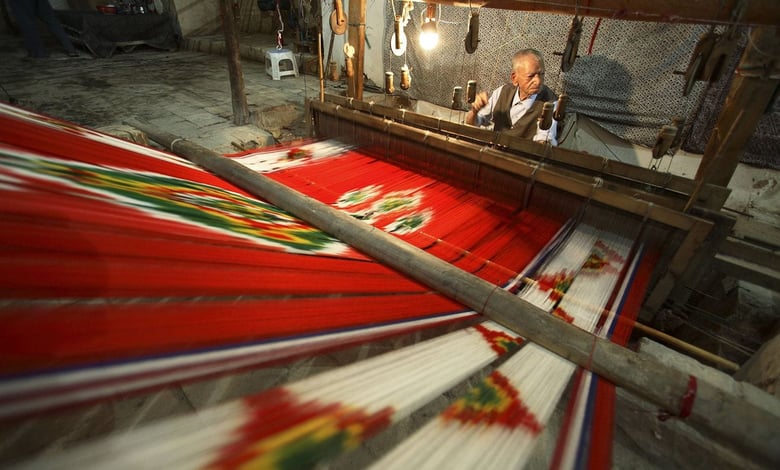
Yazd is a specific prototype of human creativity in creating and developing life. Also it contains various factors that are prevalent in human urban life.
Yazd province boasts a valuable collection of cultural heritage of Iran dating from various periods of historical times. The population is known for being hard workers because they live in dire climatic and economic conditions.
Thus in order to overcome such obstacles, they must try harder than usual. Additionally Yazd citizens are inherently patient and forbearing which has resulted in their concentration on industries which require preciseness, delicacy, thoughtfulness and intelligence representing the art, culture and civilization of desert people.
As a result even in modern times, these industries have remained intact. They are partially or totally done by an artisan using his tastefulness and genius.
Among prominent characteristics of these products are: original designs, novel coloring, artistic creativity of artisans, the limited investment needed as well as having some features of the local culture which has a prominent place in the world of art and economy. A number of these industries are as follows:
Sha’r-bafi (dast-bafi)
in the dialect of Yazd, the textile profession is still called sha’r-bafi. One the main reasons why Yazd citizens became interested in this business is the shortage of water, stagnating agriculture as well as the commercial Silk Road passing through the city.
The industry has several branches but wooden instruments are the basis of all of them. They are designed and produced in various dimensions but their basic design consists of two rollers, several pedals (padding), comb, vard, small and large shafts which have particular names at various locations.
Mazari
literally it means seller of herbal medicine as well as perfumer. Before the advent of modern sciences in medical and industrial fields, usage of herbs was regarded as one of the main methods for fighting against diseases as well as making natural colors for industrial purposes. As the main production of mazaris in Yazd is henna, actually the name is associated with henna-grinding. Henna is a green powder obtained by grinding the leaves of henna plant. As a matter of fact, in Yazd only the profession which prepares henna and madder (mascara) and similar materials is called mazari.
Termeh-bafi
Termeh is the oldest hand-woven cloth of Iran that for centuries has been characteristic of the textile manufacturing in Yazd province.
Termeh is predominantly produced in Yazd. Warf of termeh is made from natural silk and its woof is made of colorful fuzz, silk, wool and yarn.
Because formerly it was woven by fingers it was also known as angosht-baft (finger-woven). Literally termeh means a bent cedar tree in Persian. This has been interpreted by some as a sign of extreme humility for the divine creation of life.
Dara’i-bafi
it is an old method of weaving patterned cloths by bleaching their threads before starting the work so that gradually as the weaving continues, the pattern begins to pop up. Dara’i is produced in yellow, red, green and purple colors together with striped and checkered patterns as well as with particular flowers which are locally called pichoon. The raw material used in dara’i is natural silk.
Blacksmithing (chalan-gari)
old blacksmiths of Yazd manufactured handy tools such as: steelyards, qandchins, knives, chains, tongs or pliers, locks and cleavers using simple instruments such as: hammers, pliers and bellows.
the art of goldsmithing and making jewels has a long history in Yazd where by using molding, metal casting and wax removal, all kinds of jewelry are made into different forms and shapes. Yazd goldsmiths have always been well-known for their specific artfulness, tastefulness and patience in designing and making jewelry. Also their honesty and loyalty to moral values have made goldsmiths enjoy a high status among other traditional professions.
Carpentry (manufacturing decorated wooden doors)
handsome doors and windows of old buildings manufactured skillfully are the result of capable carpenters of Yazd. Among examples are: doors of holy sites, engraving of Koran verses on doors, the great gate of the city and its big lock, doors of mansions and their decorations, doors of rooms with two, three, five and seven door features (called respectively): (dodari, sedari, panjdari and haftdari), women’s quarters (andarooni) and guest’s quarters (birooni) with chromatic glass and several other cases.
